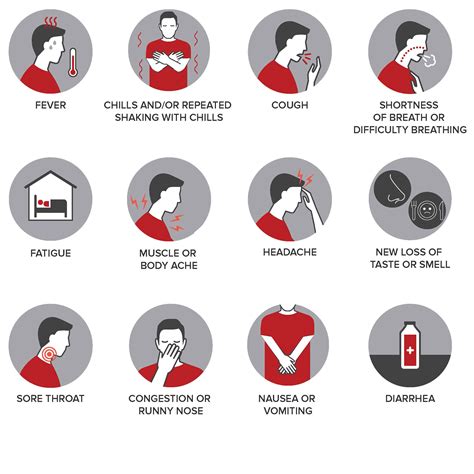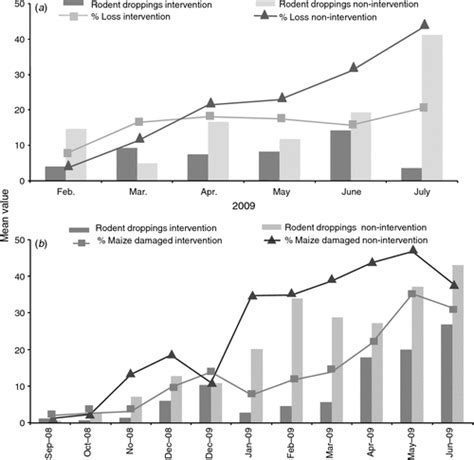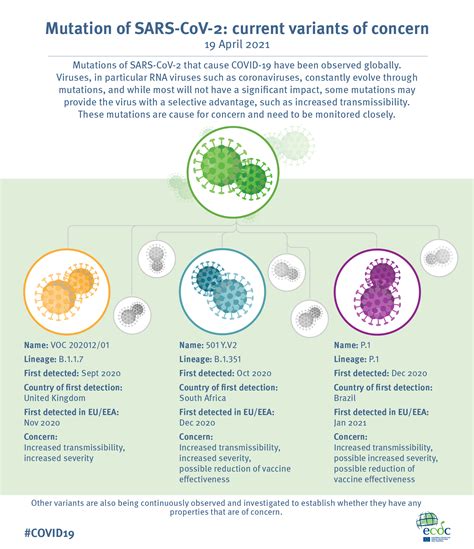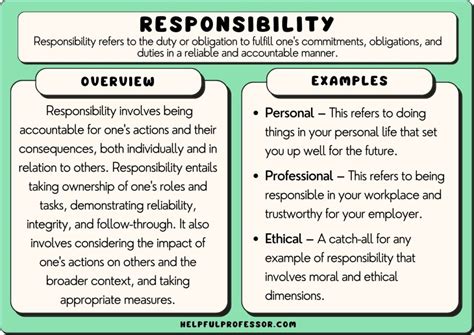The world has undergone significant changes since the onset of the Covid-19 pandemic, and our understanding of the virus has evolved substantially. As we move forward into 2025, it's essential to stay informed about the latest developments, particularly when it comes to Covid symptoms. The pandemic has taught us that staying vigilant and up-to-date with the latest information is crucial in protecting ourselves and our communities. In this article, we will delve into the current state of Covid symptoms, exploring what we know, how they have changed over time, and what we can expect moving forward.
The initial outbreak of Covid-19 brought with it a flurry of symptoms that were both familiar and unknown. As the virus spread globally, healthcare professionals and researchers worked tirelessly to understand its effects on the human body. From the early reports of fever, cough, and shortness of breath, our knowledge has expanded to include a wide range of symptoms, some of which can be severe and long-lasting. The evolution of Covid symptoms over time has been marked by the emergence of new variants, each with its unique characteristics and potential to cause different symptoms.
Understanding Covid symptoms is not just about recognizing the signs of infection; it's also about comprehending the broader impact of the virus on our health and wellbeing. As we navigate the complexities of the pandemic, it's clear that Covid-19 affects people in diverse ways, with some experiencing mild symptoms while others face severe illness. The disparity in symptom severity highlights the importance of continued research and vigilance, ensuring that we are equipped to manage and mitigate the effects of the virus.
Covid Symptoms Overview
The symptoms of Covid-19 can vary widely, but common signs of infection include fever, chills, cough, shortness of breath, fatigue, muscle or body aches, headache, sore throat, runny nose, stuffy nose, and diarrhea. These symptoms can range from mild to severe and may appear 2-14 days after exposure to the virus. It's crucial for individuals to monitor their health closely and seek medical attention if they experience any of these symptoms, especially if they have been in close contact with someone who has Covid-19.
Common and Severe Symptoms
Common symptoms of Covid-19 include:
- Fever
- Cough
- Fatigue
- Shortness of breath
- Muscle or body aches
- Headache
- Sore throat
- Runny nose
- Stuffy nose
- Diarrhea
Severe symptoms that require immediate medical attention include:
- Difficulty breathing
- Chest pain or pressure
- Severe headache
- Confusion
- Inability to wake or stay awake
- Pale, gray, or blue-colored skin, lips, or nail beds
Long-Term Effects of Covid-19
One of the significant concerns with Covid-19 is its potential for long-term effects on health. Some individuals who have recovered from Covid-19 have reported persistent or recurring symptoms, often referred to as "long Covid." These symptoms can include prolonged fatigue, shortness of breath, joint pain, and cognitive difficulties, among others. The long-term effects of Covid-19 underscore the need for ongoing support and care for those who have been infected, as well as continued research into the mechanisms behind these lasting impacts.
Management and Treatment
Management and treatment of Covid-19 symptoms depend on the severity of the illness. For mild cases, rest, hydration, and over-the-counter medications for symptom relief are often recommended. In more severe cases, hospitalization may be necessary to provide oxygen therapy, manage complications, and administer antiviral medications or other treatments as needed. Vaccination remains a critical tool in preventing Covid-19 and reducing the risk of severe symptoms and long-term effects.
Vaccination and Prevention
Vaccination against Covid-19 has been instrumental in controlling the spread of the virus and reducing the incidence of severe disease. Vaccines work by stimulating the body's immune system to recognize and fight the virus, thereby preventing infection or reducing the severity of symptoms if infection occurs. In addition to vaccination, preventive measures such as wearing masks, practicing social distancing, and maintaining good hygiene are crucial in controlling the spread of Covid-19.
Future Directions
As we look to the future, it's clear that our understanding and management of Covid-19 will continue to evolve. Ongoing research into the virus, its variants, and its effects on human health will be critical in developing new treatments, improving vaccination strategies, and enhancing our ability to predict and prepare for future outbreaks. The global response to Covid-19 has highlighted the importance of international cooperation, robust healthcare systems, and individual responsibility in combating infectious diseases.
Covid-19 Variants and Mutations
The emergence of Covid-19 variants has been a significant factor in the ongoing pandemic, with each new variant potentially bringing changes in transmissibility, severity, and vaccine effectiveness. Understanding these variants and monitoring their spread is essential for adapting public health strategies and ensuring that vaccines and treatments remain effective.
Global Response and Cooperation
The Covid-19 pandemic has underscored the importance of global cooperation in addressing infectious diseases. International collaboration in areas such as vaccine development, data sharing, and public health policy has been crucial in the fight against Covid-19. As we move forward, strengthening global health infrastructure, supporting low- and middle-income countries, and promoting equitable access to healthcare and vaccines will be vital in preventing future pandemics.
Personal and Community Responsibility
Ultimately, the management of Covid-19 and its symptoms is not just a matter of individual health but also of community and personal responsibility. By adhering to public health guidelines, getting vaccinated, and supporting those affected by the pandemic, individuals can play a significant role in controlling the spread of the virus and protecting vulnerable populations.
Conclusion and Next Steps
As we navigate the evolving landscape of Covid-19, it's essential to remain informed, vigilant, and proactive. By understanding the latest developments in Covid symptoms, supporting ongoing research, and contributing to community efforts to control the pandemic, we can work together towards a future where the impact of Covid-19 is minimized, and global health is protected.
We invite you to share your thoughts, experiences, and questions about Covid-19 and its symptoms in the comments below. Your engagement and feedback are invaluable in helping us provide the most accurate and helpful information possible. Together, we can build a stronger, more resilient community prepared to face the challenges of Covid-19 and beyond.
What are the common symptoms of Covid-19?
+
Common symptoms of Covid-19 include fever, cough, fatigue, shortness of breath, muscle or body aches, headache, sore throat, runny nose, stuffy nose, and diarrhea.
How long do Covid-19 symptoms last?
+
The duration of Covid-19 symptoms can vary, with some individuals recovering within a few weeks, while others may experience persistent or recurring symptoms, known as long Covid.
Can Covid-19 symptoms be managed at home?
+
Mild Covid-19 symptoms can often be managed at home with rest, hydration, and over-the-counter medications. However, severe symptoms require medical attention, and individuals should seek care if they experience difficulty breathing, chest pain, or severe headaches, among other severe symptoms.










